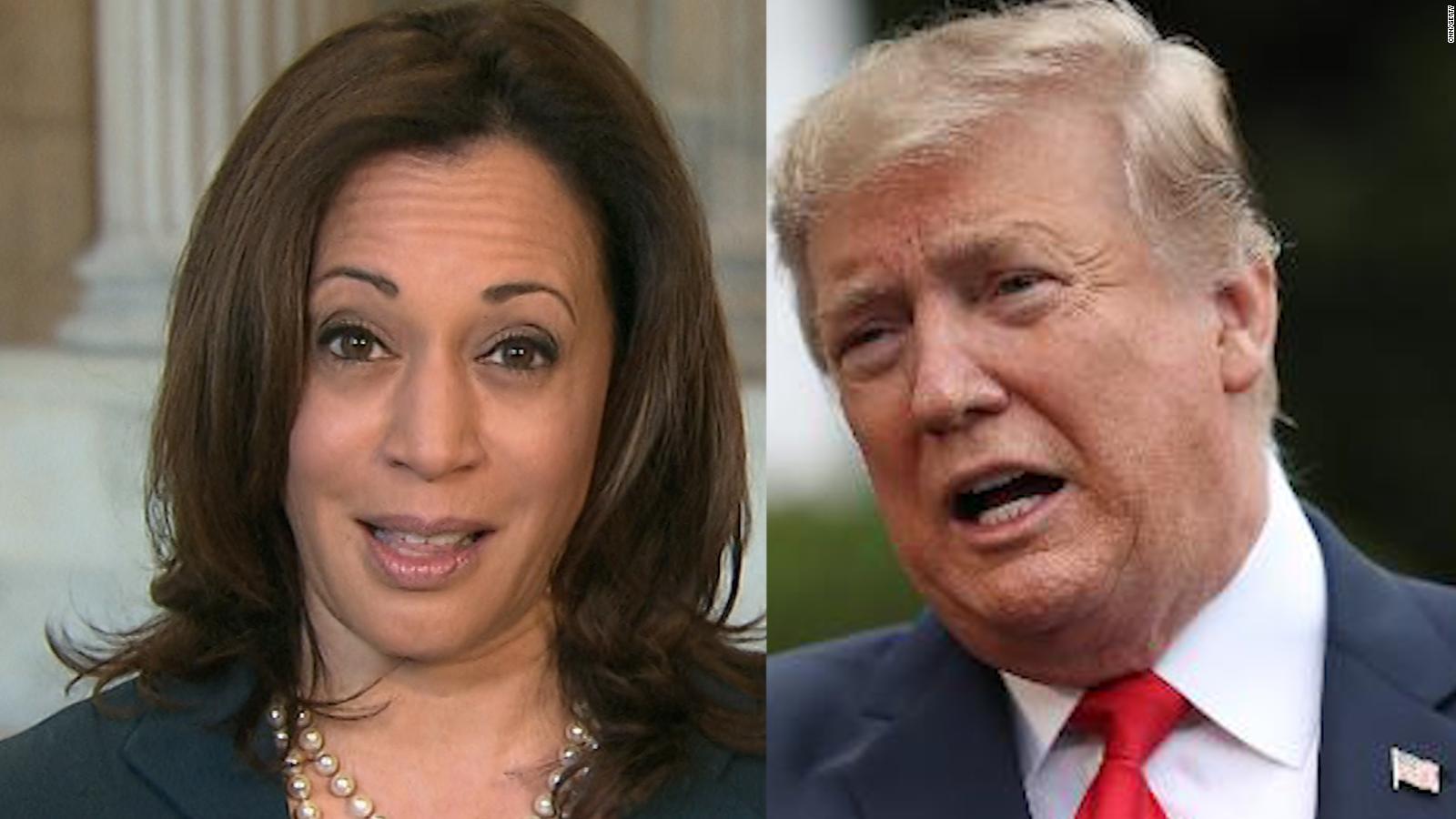As the 2024 U.S. presidential elections approach, the Indian diaspora in America finds itself at a critical juncture. Former President Donald Trump, the leading Republican candidate, is reportedly ahead by a small margin against Kamala Harris, the Democratic nominee. While some view Trump as a potential leader capable of addressing global issues, it is essential to approach this narrative with facts and clear-headed analysis. Trump’s appeal to certain global audiences stems from his tough stance on immigration, his rhetoric against perceived threats from Islamic fundamentalism, and his hardline approach to international relations. However, the assertion that Trump is an ideal candidate solely based on these points is overly simplistic and overlooks the broader implications of his policies. It is critical to note that Trump’s past tenure was marked by contentious decisions, including trade wars and international diplomatic strains, which have complex repercussions. Hence, claims of Trump’s leadership are necessary to counter Islamic fundamentalism and that China, under its communist regime, is a passive beneficiary of global instability. At the same time, China has indeed positioned itself as a competitor to Western powers, including the U.S. and India, Trump’s approach to China has been mixed. His administration’s trade war with China aimed to curb its influence but also led to significant economic fallout, affecting global markets, including India.
Furthermore, the notion that Islamic fundamentalists are lenient towards China despite its documented human rights abuses against Muslim minorities, like the Uyghurs, highlights the geopolitical complexities that transcend simple binary oppositions. India, too, has nuanced relations with both China and nations with significant Muslim populations, necessitating a balanced approach that goes beyond the scope of Trump’s policies. The call for the Indian diaspora to support Trump is premised on the belief that his presidency would be more beneficial for India, particularly in combating terrorism and fostering closer bilateral ties. While Trump did engage with India during his presidency, including attending high-profile events with Prime Minister Narendra Modi, the long-term impact of his policies on India remains debatable. Key issues, such as immigration reforms and H-1B visa restrictions under Trump’s administration, had direct negative impacts on the Indian community in the U.S. Domestically, India faces its own set of challenges, as pointed out. Prime Minister Modi’s government, despite winning substantial mandates in 2014 and 2019, has grappled with economic hurdles and external pressures. This suggests that the external forces are working against India’s growth, a claim that requires scrutiny and a deeper understanding of India’s complex economic landscape, which includes factors like global market dynamics, internal policy decisions, and regional conflicts.
The narrative also highlights internal political dynamics within India’s ruling party, the BJP, and its alliances, suggesting vulnerabilities that could affect Modi’s governance. The intricacies of coalition politics in India are well-known, with alliances often shifting based on state-level electoral outcomes and strategic considerations. Similarly, the Indian diaspora’s voting patterns in the U.S. are influenced by a range of issues, including immigration, education, healthcare, and U.S.-India relations. While many urge the Indian diaspora to vote strategically to secure Trump’s return to power, it is essential to recognize that U.S. elections are complex, with voters considering a wide array of domestic and international issues. Trump’s promise of better relations with India is just one aspect of a multifaceted political landscape. Moreover, Kamala Harris, as the Democratic nominee, brings her own vision for U.S.-India relations, which cannot be taken at face value. The decision for the Indian diaspora in the U.S. should not be driven solely by narrow perceptions of candidates’ stances on specific issues. Instead, it should be based on a comprehensive assessment of how each candidate’s policies align with broader interests, including economic stability, security, and the promotion of democratic values both in the U.S. and abroad. Voting in the U.S. is not merely a reflection of allegiance to a single leader but a commitment to the values underpinning American and Indian democracies. The onus is on every voter, including the Indian diaspora, to cast their ballots thoughtfully, considering the long-term implications for both nations.






